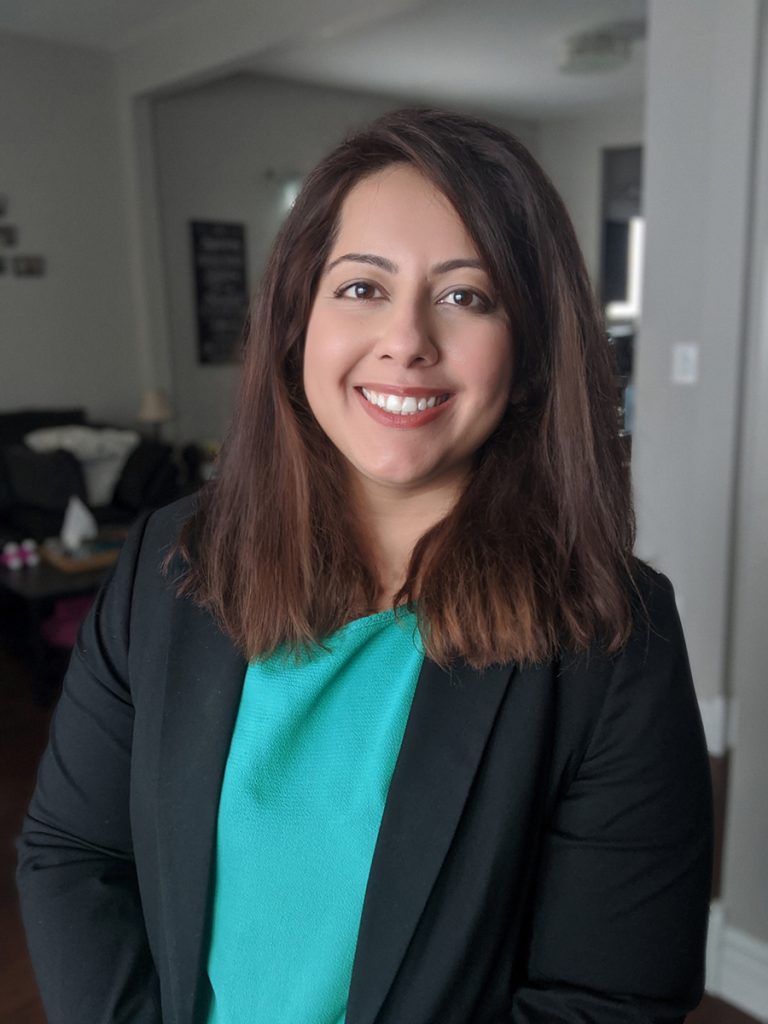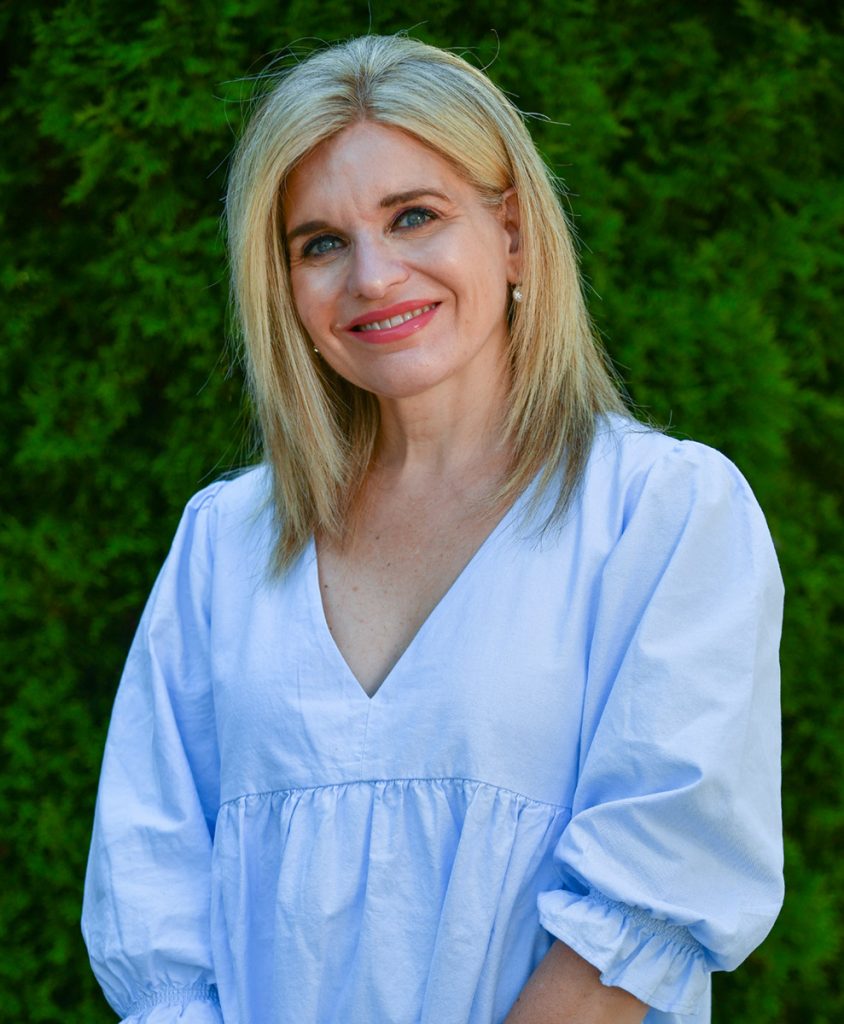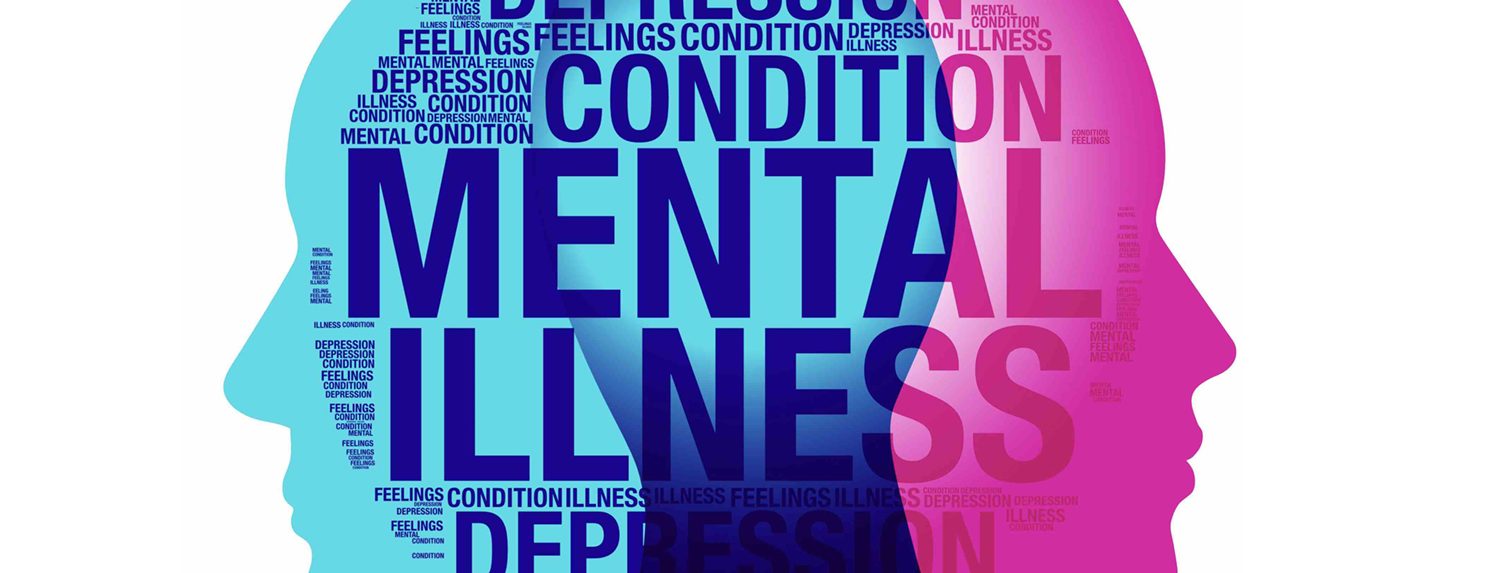Three Mental Health Projects
Rising Out of the Pandemic
Story by Michael Seguin
The novel coronavirus has placed an enormous burden on the mental health of our friends and neighbours.
However, in light of these unprecedented times, three projects have arisen to support the mental health of those who are suffering: the University of Windsor Brief Online Therapy Project, WeHelpFirst.ca and the Ontario Psychological Association (OPA).
The University of Windsor Brief Online Therapy Project
The University of Windsor Brief Online Therapy project was proposed by 31-year-old University of Windsor Clinical Neuropsychology student Sanya Sagar.
“As psychology students, we’re trained to find problems in the world and try to fix them,” Sanya explains. “When this pandemic started, I saw lots of people who were struggling—my family, my friends, my colleagues. Preexisting psychological difficulties were getting worse and new psychological difficulties were cropping up. I knew something had to be done.”
Inspired, Sanya approached Dr. Josee Jarry, one of her professors and the Director of the university’s Psychological Services and Research Centre, with an idea.
“I was in the process of moving our entire clinic online,” Dr. Jarry recalls. “Then, Sanya came forward with her proposal. She said, ‘Wouldn’t it be a good idea if we offered free, brief therapy to the people in the community?’ I thought that it was a great idea. It answers a need that is very present right now.”

Sanya and Dr. Jarry spent two months recruiting peers and supervisors. The project was a massive undertaking, the resulting in hundreds of hours of work involving writing multiple versions of a field manual, applying for grants, satisfying the College of Psychologists of Ontario’s professional criteria, obtaining administrative approval from the university and student training.
Dr. Jarry stresses how great the services her graduate students provide are.
“I’ve been training graduate students in psychotherapy for 20 years now,”
Dr. Jarry states. “I’m continually amazed by how good they are. We train them superbly here in Windsor, but it’s always fascinating to me how talented these people are. They are an untapped resource. And now, they’re using their knowledge to help others.”
Aside from Dr. Jarry and Sanya, the University of Windsor Brief Online Therapy core team consists of Ashley Howard, Healey Gardiner, Noam Simon and Dr. Annette Dufrense. Numerous supervisors also assisted with the project, including Dr. Dana Ménard and Dr. Andrew Taylor.
However, Dr. Jarry is quick to remind us where this project originated. “This was all born out of Sanya’s big heart,” Dr. Jarry states. “She’s a very kind, considerate person.”
The program provides Windsorites with four free counselling sessions.“If people are not feeling better by the end of those sessions, we have a list of pro-bono providers registered with the Ontario Psychological Association that we can refer them to,” Dr. Jarry states.
Visit uwindsortherapy.com for more information.
WeHelpFirst.ca
Kim Willis, the Director of Communications and Mental Health Promotion at the Canadian Mental Health Association’s (CMHA) Windsor-Essex County Branch, recognized the profound impact the pandemic has had on everyone’s mental health.
“I don’t think there’s one person who hasn’t been impacted by COVID-19,” Kim states. “And there are so many reasons for that. The fact that we’ve had to be more isolated than what’s normal. Having distance between family and friends. And if you have someone in the hospital or a long-term care facility, not being able to visit them is very taxing.”
With anxiety and depression rates climbing, Kim and her team put together a peer support program to assist first responders with their mental health struggles.
“Two years ago, we were fortunate enough to receive a Ministry of Labour grant,” Kim explains. “The goal of the grant was to create a peer-support model for first responders across all disciplines in Windsor and Essex County. It was a phenomenal opportunity to bring together police, firefighters and EMS from the different municipalities.

Numerous other organizations stepped forward to assist with the project, including the Windsor-Essex Health Unit, Family Services Windsor-Essex, Windsor Regional Hospital, Hotel-Dieu Grace Healthcare and some local psychologists.
“The initial goal was to create a peer support model, knowing that these individuals are more prone to some mental health challenges,” Kim explains. “Often these are people who have been historically reluctant to talk to other people given the nature of their work. Many of them have been encouraged to keep these things to themselves, which we know is one of the worst things you can do.”
As well, the CMHA was able to use the grant money to develop WeHelpFirst.ca, a website and app that promotes the mental health of first responders.
“We hope that it becomes a designated spot for anyone suffering or need of information,” Kim explains. “We can direct anyone to that site for resources, upcoming events and training.”
The CMHA was also able to assemble a Family Subcommittee which continues to look for ways to support the family members of first responders.
“We’re looking at doing some training for them and social events once things
open up again,” Kim states. “Right now, there is information available to them on the website.”
Thus far, feedback towards the CMHA’s services and website has been overwhelmingly positive.
“Even though the grant has ended, there is uniform agreement across the board to keep these services going,” Kim states. “We encourage people, no matter what discipline they’re in, to share and speak up.”
More information can be found at wehelpfirst.ca.
Ontario Psychological Association (OPA)
“These times are a moving target,” Dr. Sylvain Roy, a Clinical Neuropsychologist, explains. “It’s been stressful for clinicians and the population as a whole. Things have been evolving and changing constantly over the last few months. There’s population-wide anxiety and we’ve heard a lot about the mental health needs of children, parents, caregivers, seniors and vulnerable sector groups. Persons on the frontlines of the pandemic are also impacted by the constant threat of being exposed to the virus. They are at risk of experiencing trauma and/or burnout.”
In response to the crisis, 211 Ontario, the Association of Family Health Teams of Ontario (AFHTO), the Ontario College of Family Physicians (OCFP), the Nurse Practitioners’ Association of Ontario (NPAO) and the Ontario Psychological Association (OPA) partnered to ensure that frontline and essential workers in all industries get the care they need.

For the first time in the province’s history, frontline workers and their children will be able to connect to a psychologist at no cost, simply by dialing 211.
“We knew we had to do something to support mental health needs of our essential workers,” Dr. Roy states. “We mobilized our members to do something good for frontline personnel on the frontline of this pandemic, including clerks in grocery stores, daycare workers and PSWs. We also wanted to provide psychological services to their children because we were hearing more and more that they were struggling as well.”
Up to 6 treatment sessions are available, at no cost, provided by over 325 participating psychologists.
“Services are currently being provided within 24 hours,” Dr. Roy states. “It’s something that we consider important. If someone calls for help, we want to make sure they receive it.”
More information can be found at psych.on.ca.




Add comment